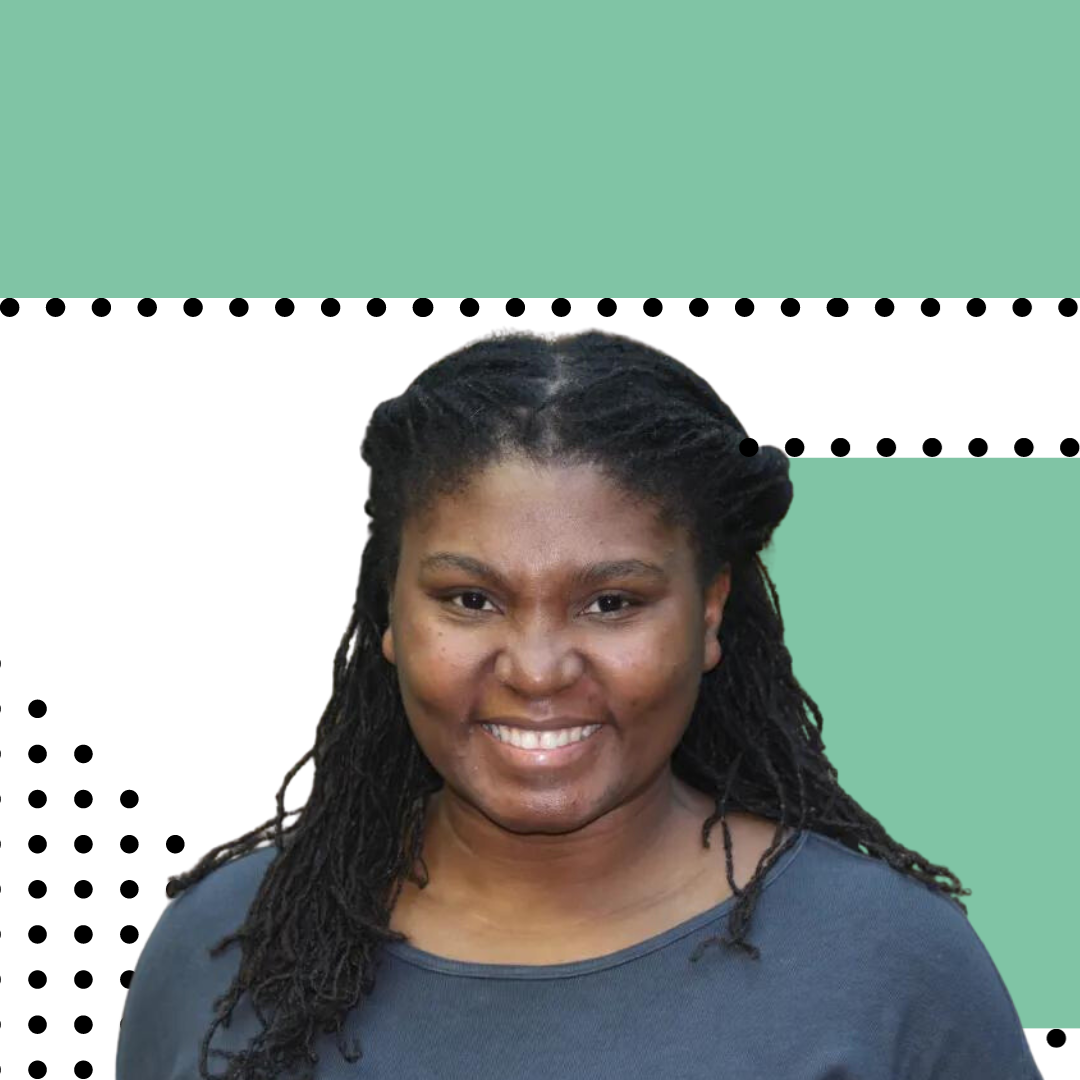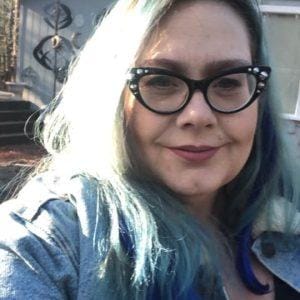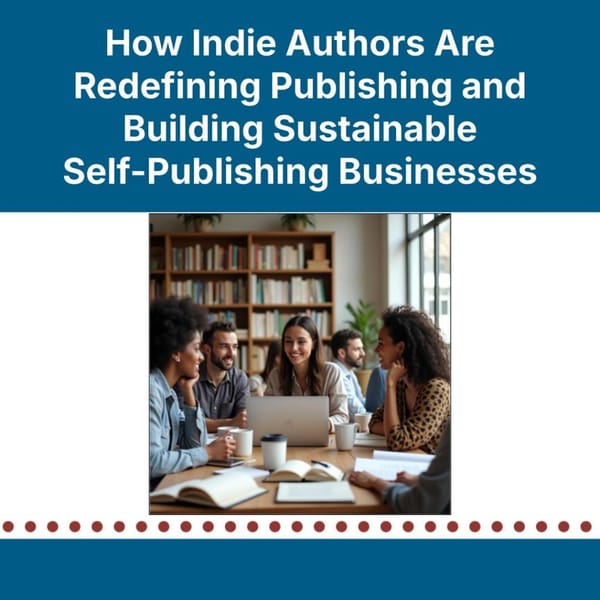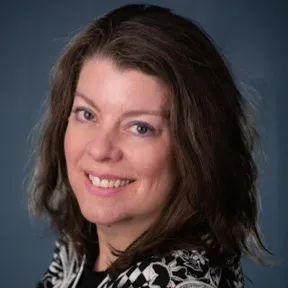Indie Author Magazine: How will the strategy of publishing wide play a part in the future of the industry?
Ines Johnson: Wow. So I was talking and it wasn't recording. I kinda said some brilliant stuff, so I don't know if I can repeat it. I basically said that I don't like to be pigeonholed. I like to try new things. I don't like to be limited to one platform, one publisher, or even just traditional publishing. If I did that, it wouldn't be the only thing I did. I like to experiment with new formats because the world is changing so fast. Holding yourself too narrowly can lead to missed opportunities and readers. That's not something I'm interested in. But I do only write romance, so I am narrowly focused in that way.
Indie Author Magazine: Do you anticipate that the definition of "wide" will ever evolve to mean more? If so, where do you see authors going?
Ines Johnson: For me, I already define "wide" differently. I think when people say "wide," they just think of platforms outside of Amazon, but I don't see it that way. My books are on a serialized website and have been turned into web comics. Some are doing television, audio plays, and podcasts. So "wide" to me means exploring new opportunities to get my story out there. Authors should think about how many different ways they can reach readers.
Indie Author Magazine: On an individual level, direct publishing can equate to greater control over titles, greater royalties, and a closer relationship with readers. What will the trend of authors publishing direct mean for the industry as a whole?
Ines Johnson: Direct publishing gives greater control over titles and royalties. But here's the thing: many authors are creators and just want to create art. Direct sales require a business mindset—looking at data, testing, and evolving. Not every artist can or wants to do that. Some artists are brilliant but can't handle the business side. I think those who want the direct impact on readers but don't want to manage it themselves will hire others. Platforms like Patreon show the demand for direct connections without a middleman. I think the industry will offer opportunities for agents or managers to assist these authors.
Indie Author Magazine: With AI being such a hot-button, divisive topic now, what role(s)—if any—do you think it will play in the indie publishing world in five years' time?
Ines Johnson: AI is a tool and doesn't scare me. It helps make my writing better. While some think AI weakens them or takes something away, I see it as a way to enhance my craft. How can it improve my writing or ad copy? It's like using a better tool to craft something better. I hope in five years, AI will be commonplace, much like how indie publishing has become standard over the past decade. I focus on using tools to improve my art, so I'm not afraid.
Indie Author Magazine: How important is technology to one's success as an indie author and to the industry as a whole?
Ines Johnson: Technology is crucial to my success as an indie author. Ten years ago, sending manuscripts by mail wasn't effective. Now, as a one-woman band, I reach people I couldn't before. Technology allows me to produce and distribute content widely. I applaud technology for all it does.
Indie Author Magazine: What can authors do now to build community with their readers and within the industry?
Ines Johnson: I use cost-per-click ads and social media to find new readers. Identifying yourself through technology and social media allows for expansive network-building. I leverage Facebook ads to reach audiences who appreciate my work. For authors, attending writing retreats helps build community. These events foster learning and connection with peers. Sharing knowledge enhances growth for everyone involved.
Indie Author Magazine: Why does community matter in the future of indie publishing?
Ines Johnson: In indie publishing, community is everything. Unlike traditional publishing's New York hub, indie authors support each other. As the saying in the Twenty Books to Fifty K community goes, "A rising tide lifts all boats." We help one another, share information, and work collaboratively. The negativity often highlighted is rare because the community is naturally supportive. Indie publishing thrives due to this collective spirit. If traditional publishing had embraced this approach, they might be in a stronger position today. That's why community is vital in indie publishing.











